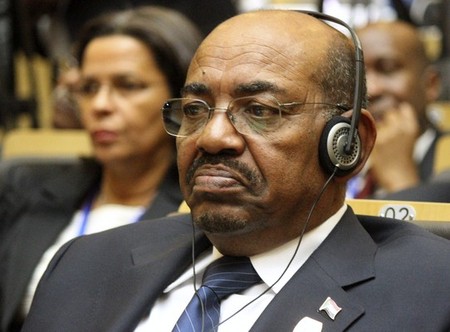Why Any Financial Aid to Sudan Must Be Conditioned

By Jennifer Christian
Recently, the U.S. government announced that it will lobby international donors to pledge financial support for Sudan. The release of any funds that these efforts yield should, however, be conditioned so as to incentivize the government of Sudan to cease ongoing human rights abuses.
The U.S. announcement came on the heels of an agreement concluded between the governments of Sudan and South Sudan on oil and related financial transfers. Alongside this deal, the international community gave Sudan certain assurances that it would do its part to assist Sudan in closing the so-called financial gap it now faces following South Sudanâ??s July 2011 declaration of independence.
In light of the government of Sudanâ??s track record of committing atrocities against its own people, the U.S.â??s commitment to assist in galvanizing financial support and debt forgiveness for Sudan may come as a surprise to some. Indeed, today, Sudanese government forces continue to wage an indiscriminate offensive against civilians in the states of South Kordofan and Blue Nile, while impeding the unhindered flow of international humanitarian aid to these populations.
Atrocities such as these, and those that the Sudanese government previously committed against the people of Darfur and South Sudan, caused the U.S. government to enact sanctions against Sudan in the 1990s. These sanctions preclude the U.S. government from directly contributing any financial support to Khartoum. They do not, however, prevent the U.S. from lobbying other states, including China, Qatar, and Saudi Arabia, to provide Sudan with direct cash transfers and debt forgiveness in an effort to alleviate the financial losses Sudan has recently sustained and help secure peace and stability within and between the two Sudans.



